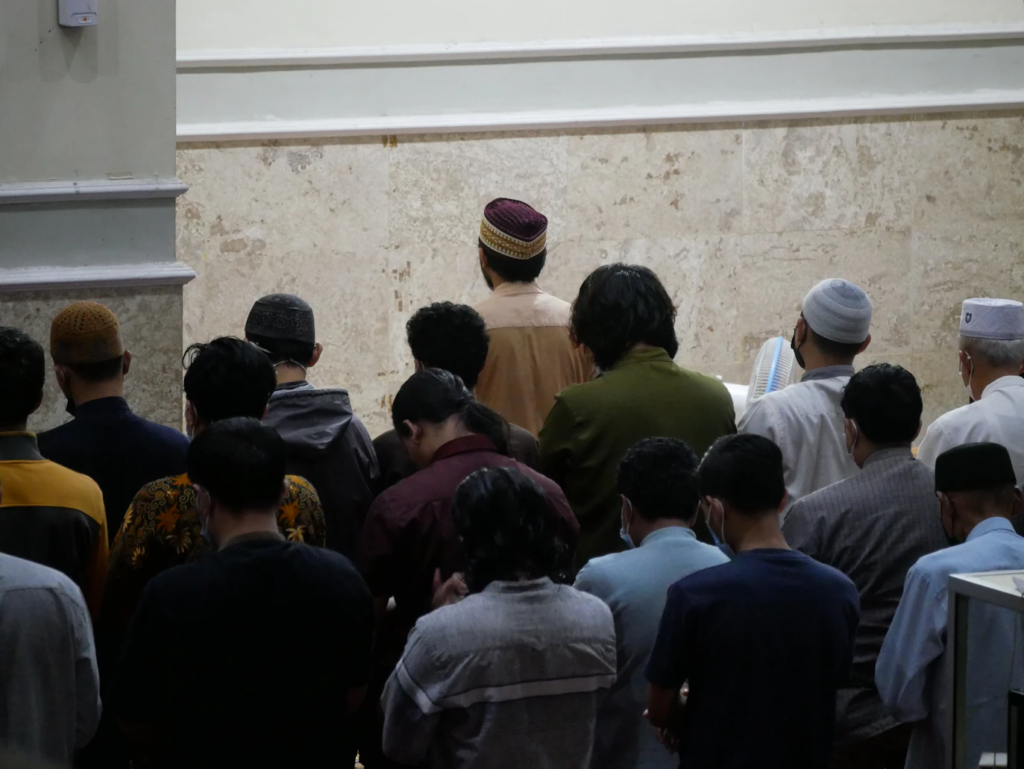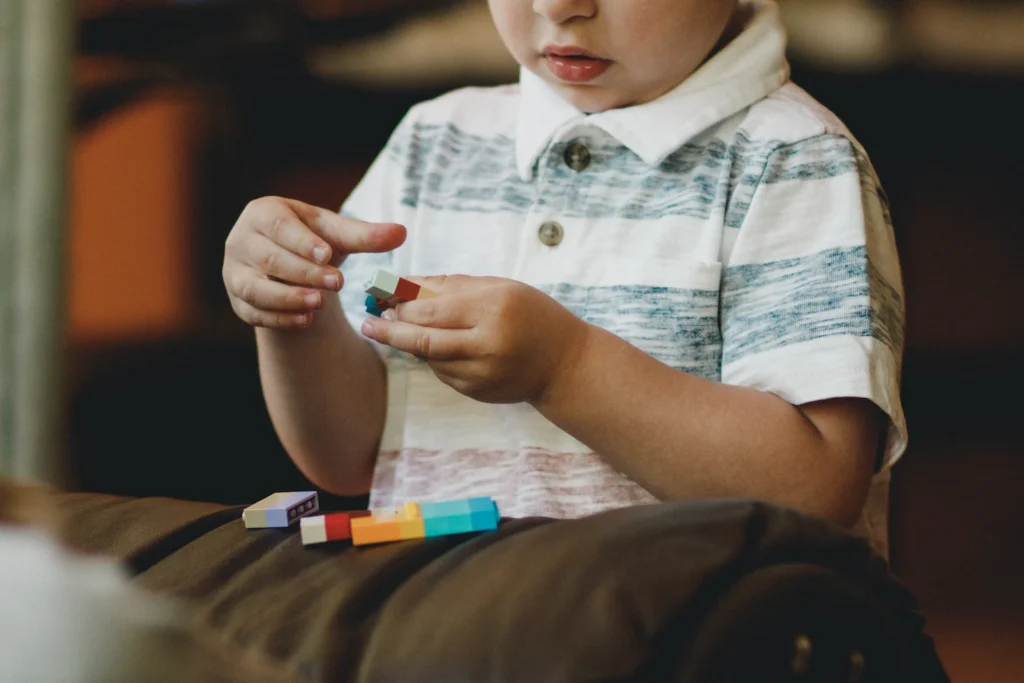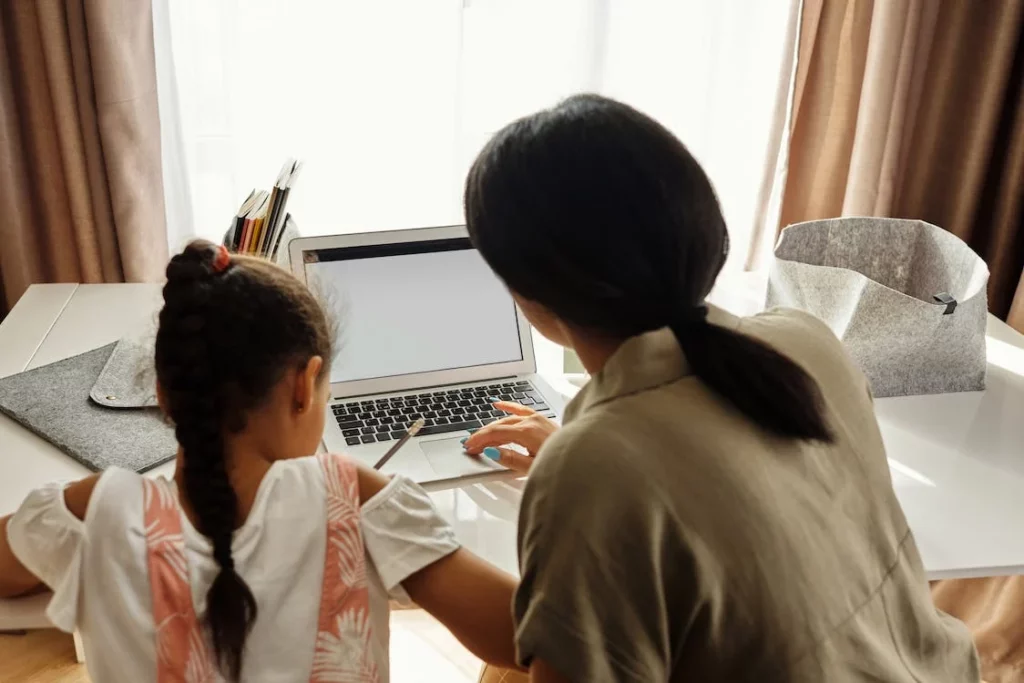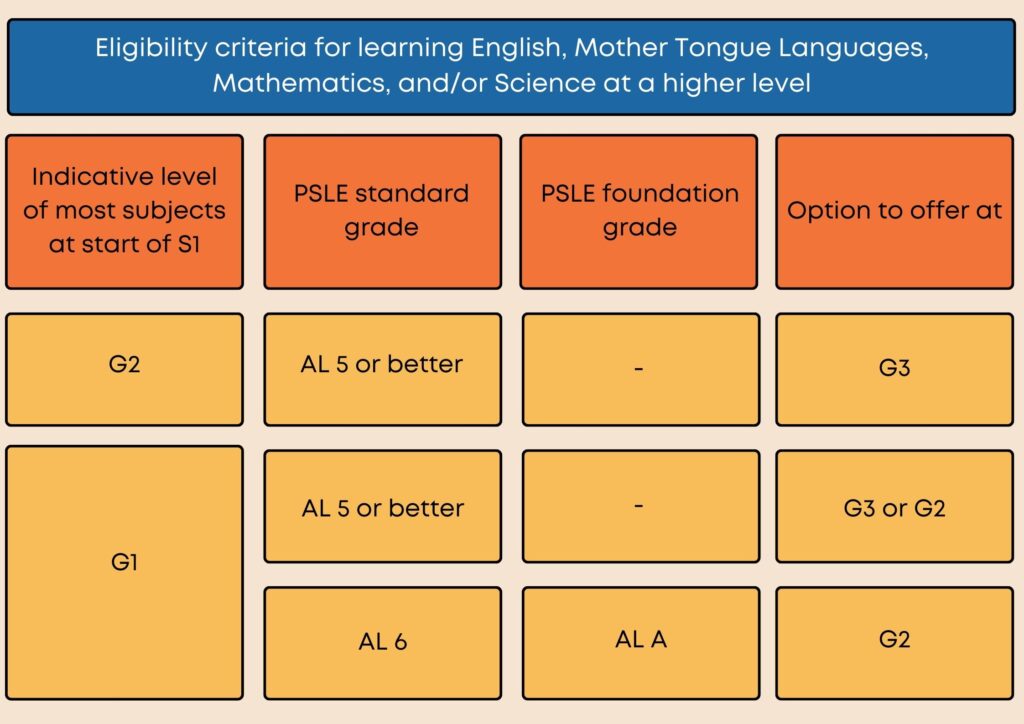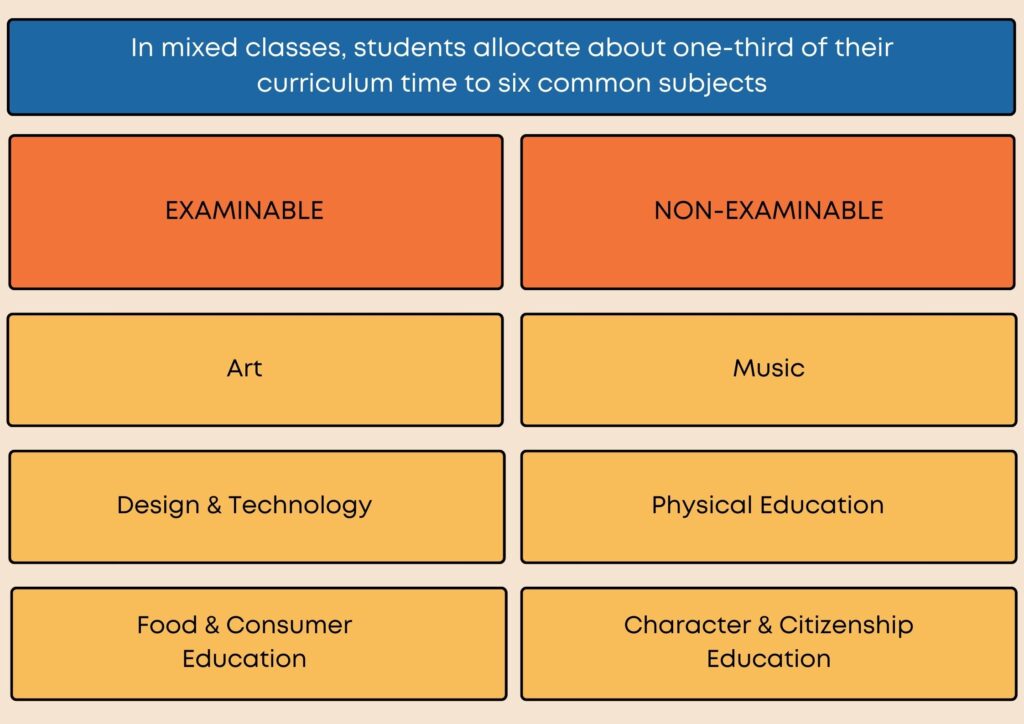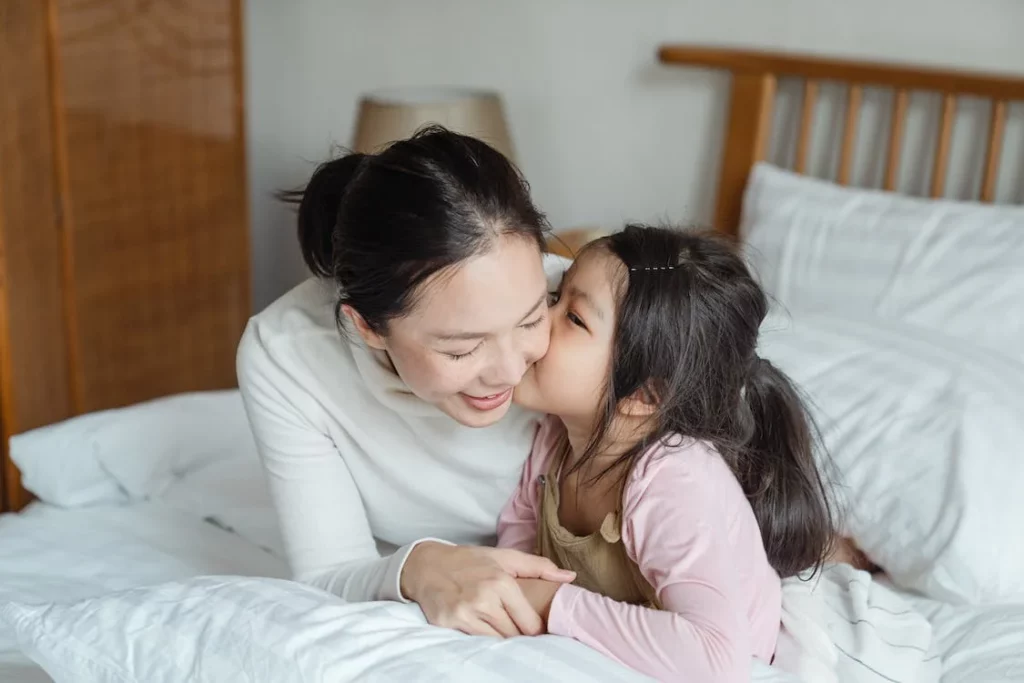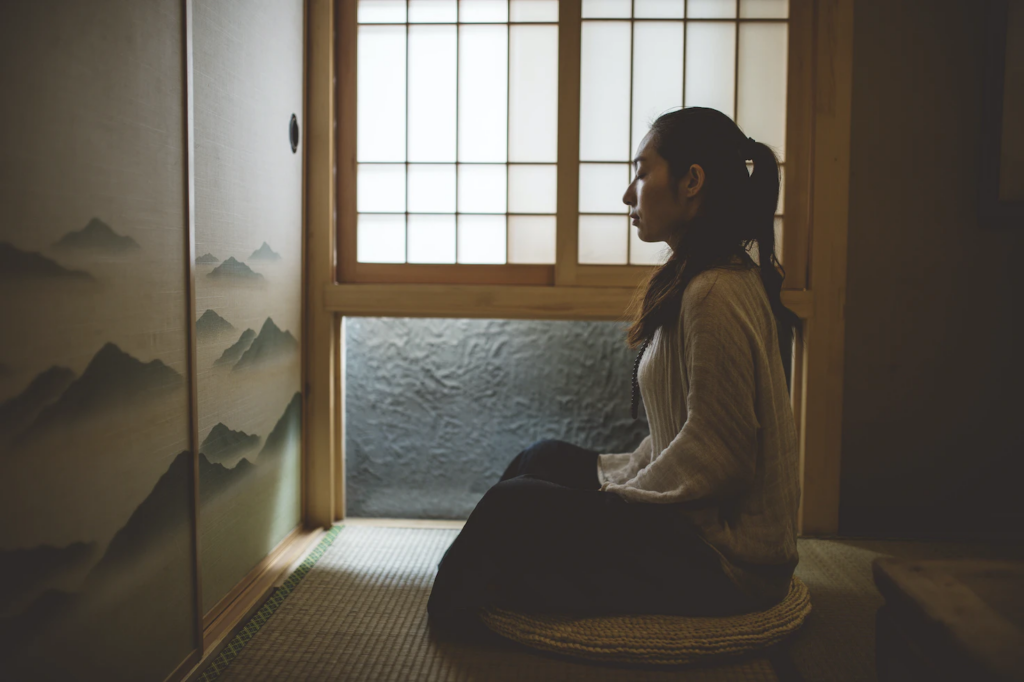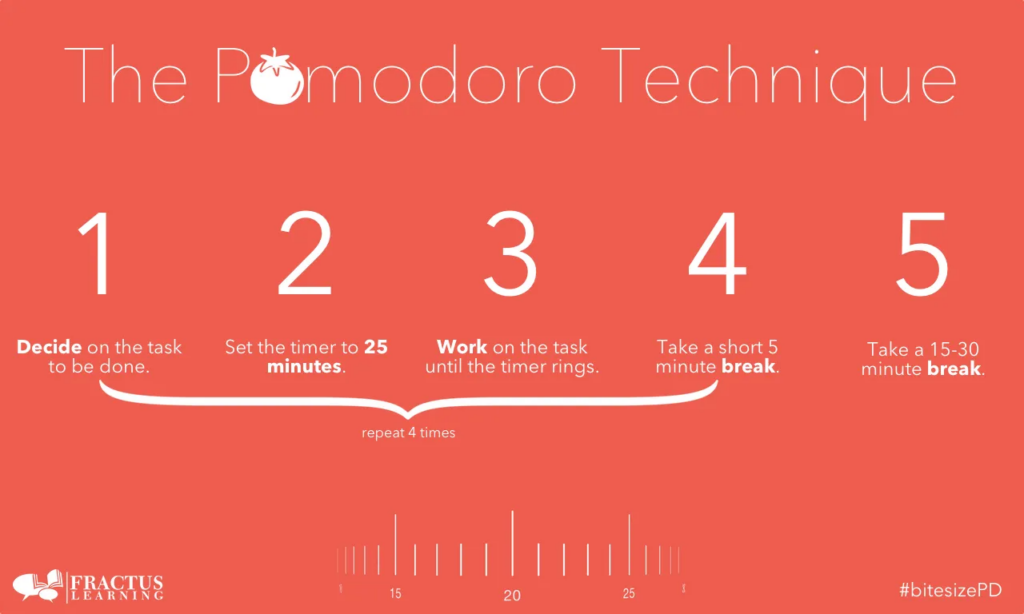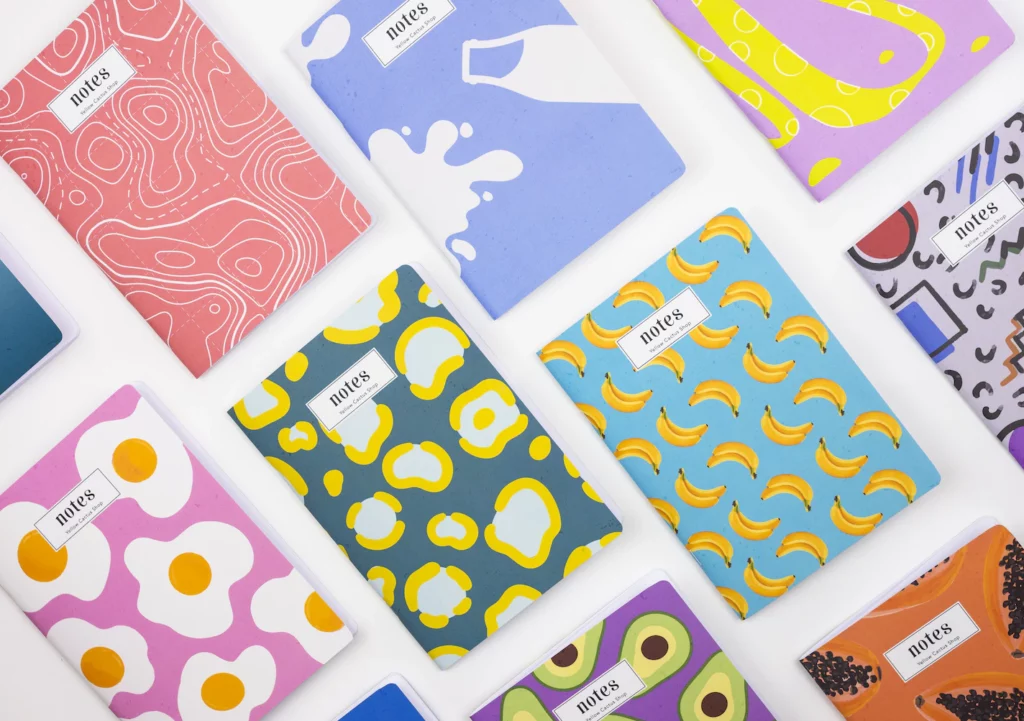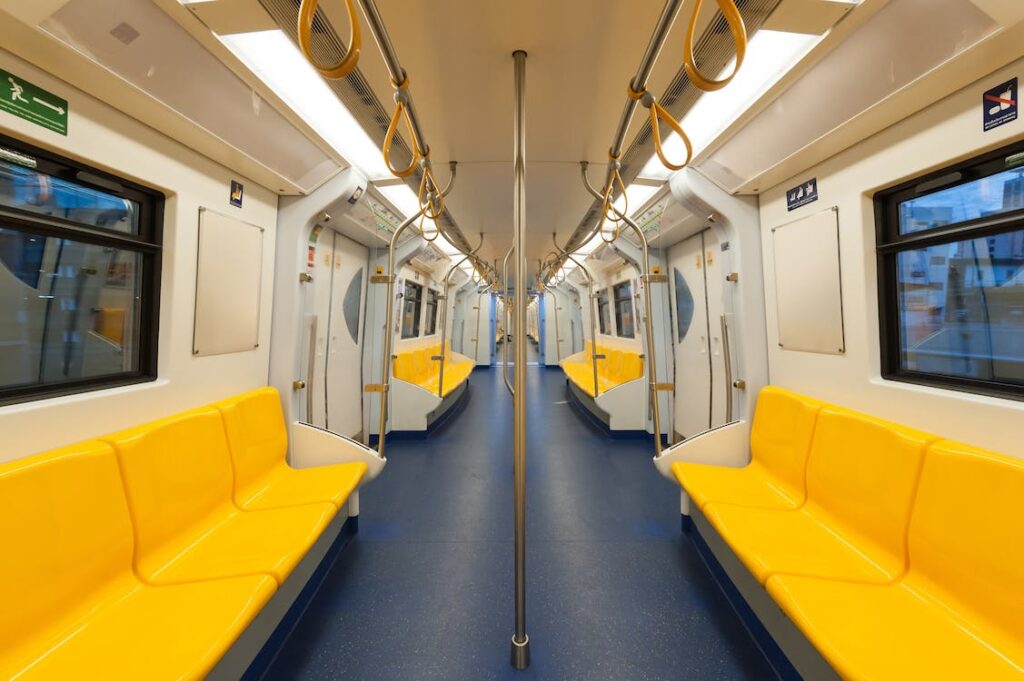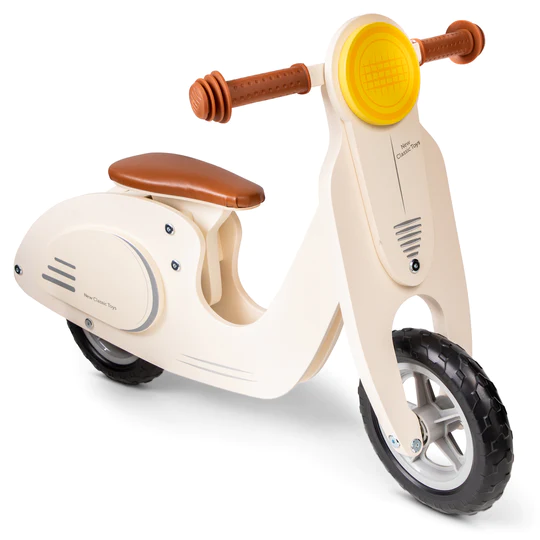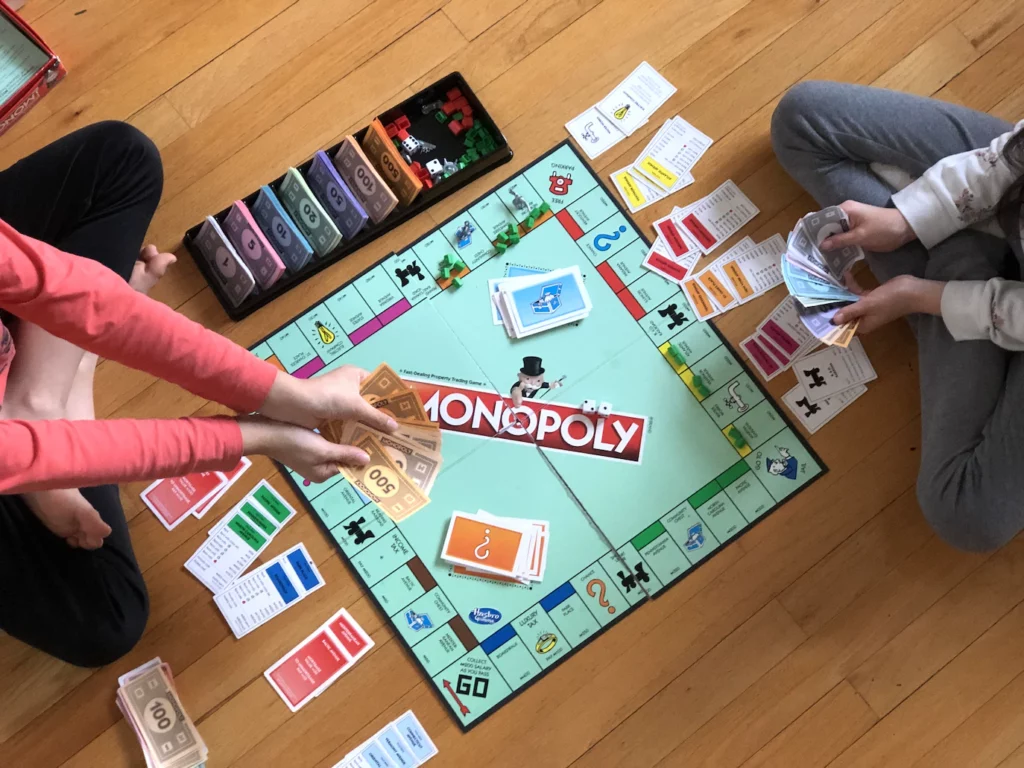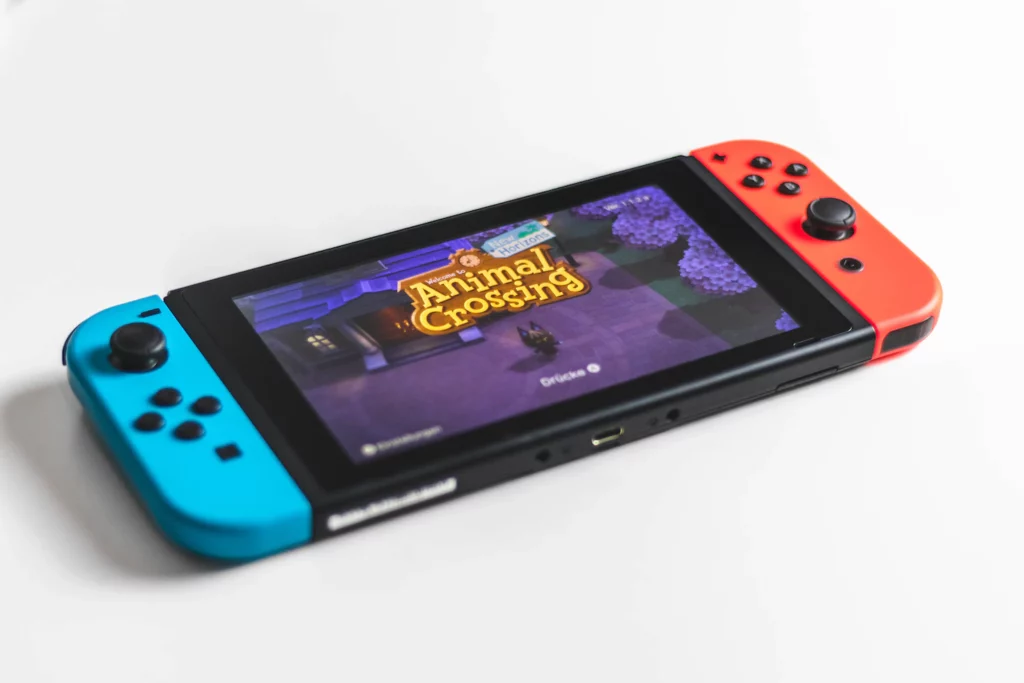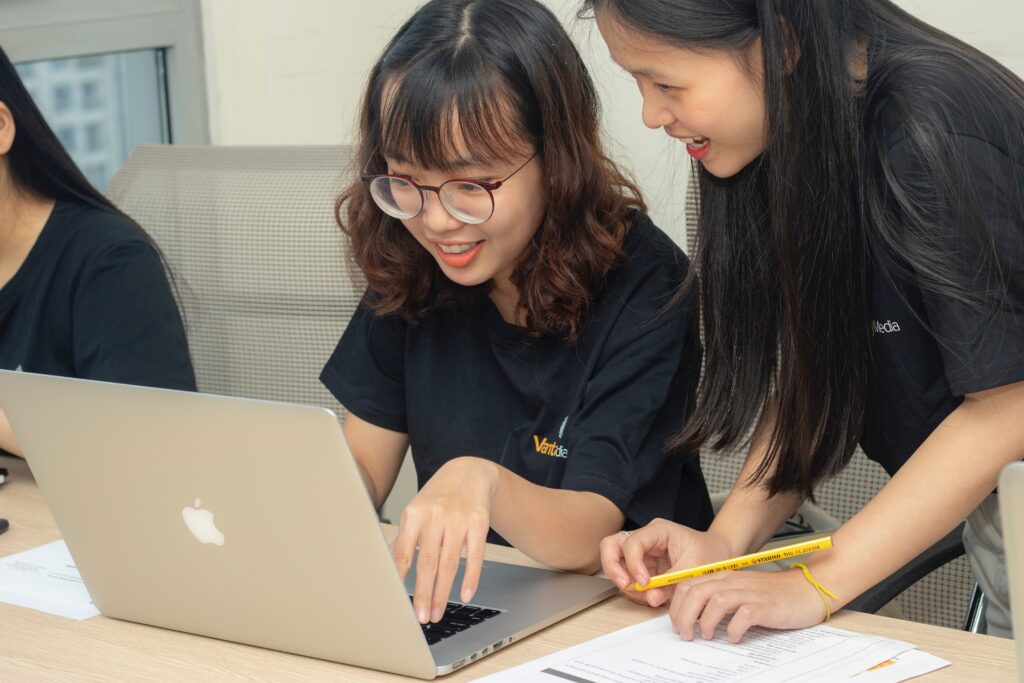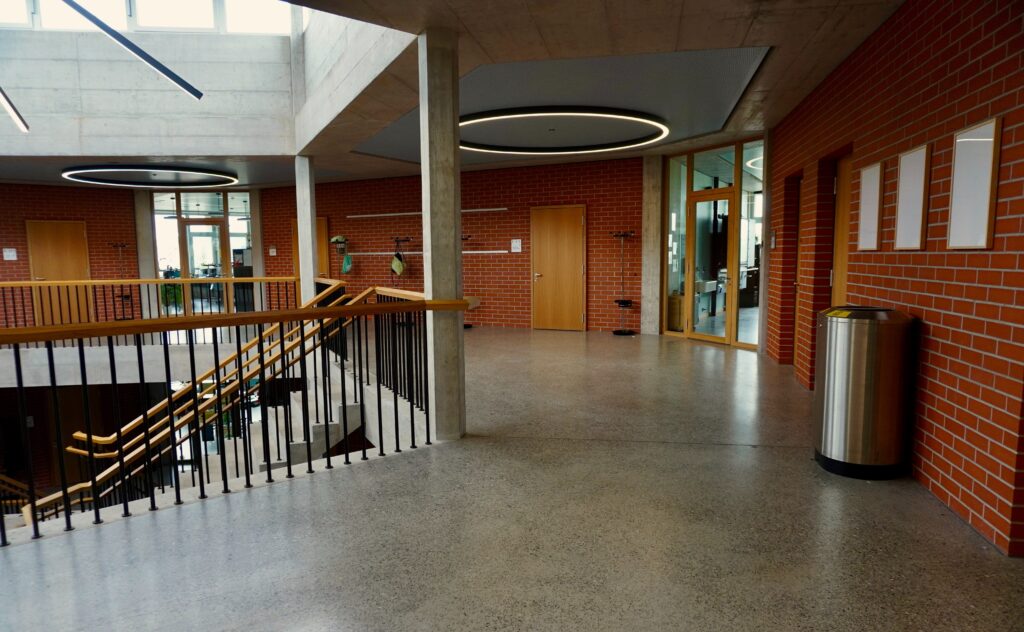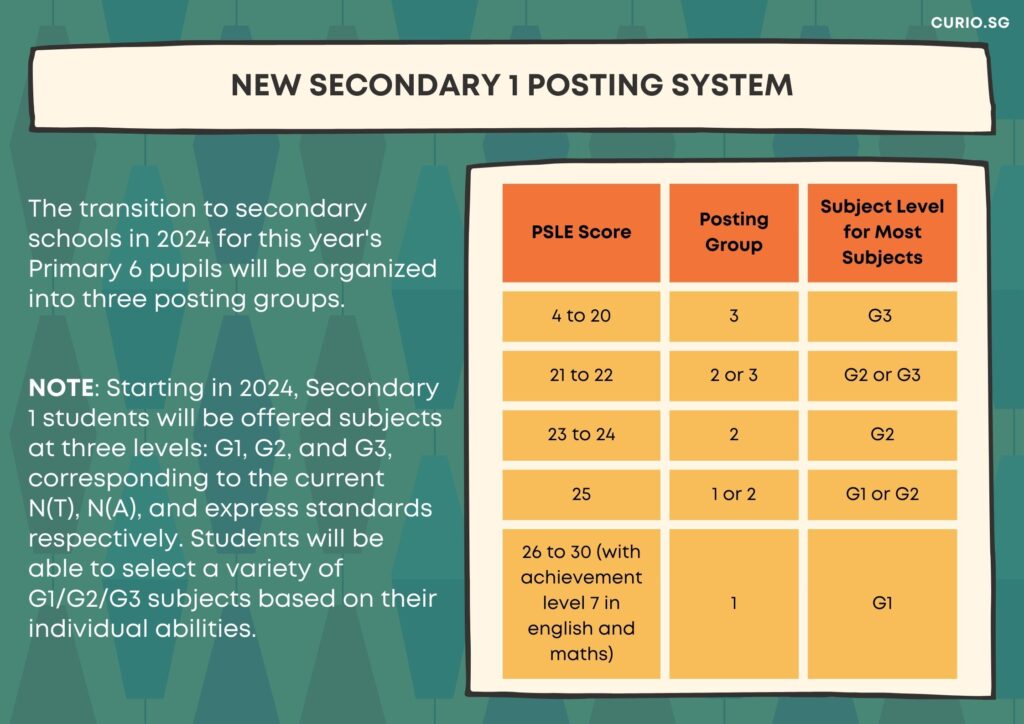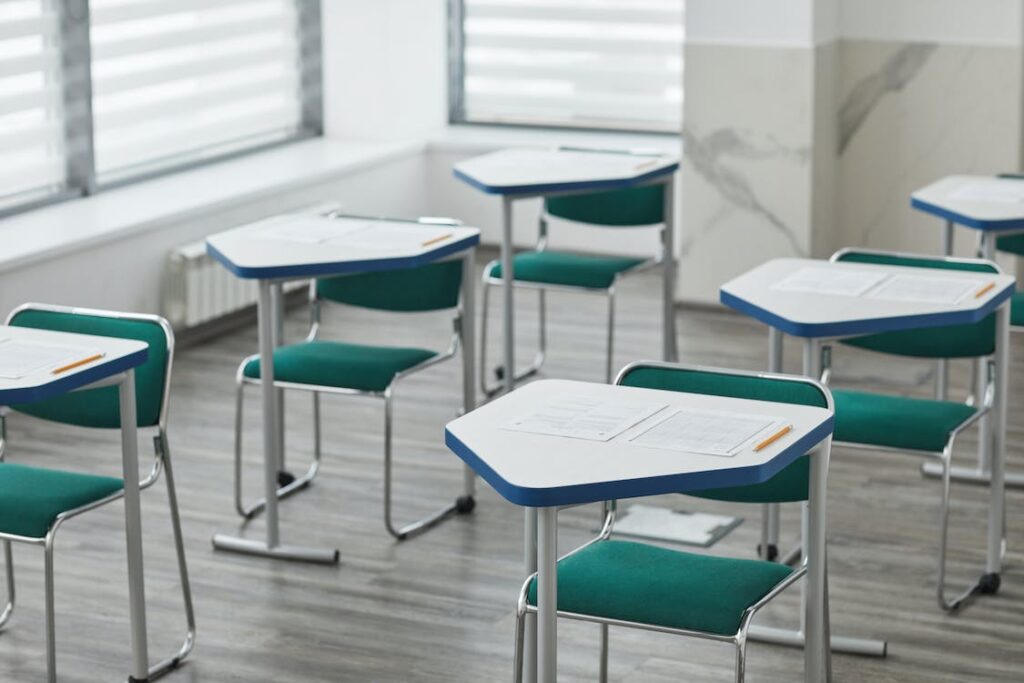"Singaporean parents, prepare to embrace the Year of the Dragon with family-centric fun during the lively Chinese New Year celebrations in 2024!"

Attention parents in Singapore, get ready to ring in the Year of the Dragon with a blast of fun activities tailored just for you and your family! As the vibrant streets of Singapore come alive with the spirit of Chinese New Year in 2024, there’s no shortage of excitement awaiting you. So, gear up for an unforgettable journey and cherished memories as you embark on a whirlwind of festivities across the Lion City!
1. Dahlia Dreams

Dahlia Dreams at Gardens by the Bay continues to host an exciting event this year. The annual Chinese New Year floral display takes centre stage, highlighted by a majestic dragon crafted by artist James Doran-Webb. The Wood Dragon boasts a 5.5-meter-tall driftwood sculpture. This impressive piece results from 9,000 hours of craftsmanship, utilising over a ton of recycled stainless steel and hardwood from the vitex parviflora tree.
Adding to the allure, the whole family can also admire a variety of Auspicious Plants such as dahlia, Celosia, Hydrangea, Peony, Chrysanthemum, and more. The exhibition runs from January 19th to March 17th, 2024, from 9:00 am to 9:00 pm at the Flower Dome.
2. River Hongbao

Experience the Chinese New Year celebrations at Gardens by the Bay, where the whole family can join the fun alongside the delightful mascots Xiaohe and Dragon ‘Wei Long’ from River Hongbao. Admission is free, and the festivities span from February 8th to February 17th, 2024.
There are numerous fun activities for you and your children to participate in at the River Hongbao festival. You can enjoy the enchanting River Hongbao Lanterns at various locations such as Golden Garden, Supertree Grove, The Meadow and Dragonfly Lake. Watch lively stage shows at Supertree Grove, and go on fun amusement rides at The Meadow. If you feel hungry, treat your taste buds at Food Street in The Meadow and explore unique merchandise at the Colonnade. For an educational twist, don’t miss the insightful exhibition by the Sun Yat Sen Nanyang Memorial Hall at The Meadow, which brings the vibrant history of Singapore’s Chinese New Year markets since the 1950s to life with interactive elements that transport you back in time.
3. Chingay 2024 Blossom

Get ready for an exciting event that kids will love! Chingay 2024 Blossom features six captivating acts that include vibrant costumes, special effects, eclectic dance performances, stilt walkers, singers, and beautiful blossom-themed art installations crafted from recycled materials by talented students.
Mark your calendars for February 23rd and 24th, 2024. Starting at 8 pm, at the F1 Pit, Marina Bay Street Circuit, 1 Republic Boulevard. Tickets range from $20 to $60, with a 20% discount available for PAssion Card Members. This is a great event to ensure that you can have enjoyable activities with the whole family!
4. Chinatown

How can you miss Chinatown during the Lunar New Year? It is a must-visit place that offers a lively ambiance steeped in rich history and culture. Culinary enthusiasts are in for a treat, with an array of delightful dishes like Hainanese chicken rice, fried beef noodles, pork ribs noodles, roasted duck, spicy lamb rack, dumplings, and dim sum awaiting at renowned restaurants such as Maxwell Hawker Centre, Yum Cha, Yixing Xuan Teahouse, and Jing Hua Xiao Chi.
Don’t forget to ignite your children’s curiosity by exploring the iconic Buddha Tooth Relic Temple, where admission is free, and embark on a fascinating exploration of Singapore’s remarkable transformation at the Singapore City Gallery URA Exhibit. Take strolls through Chinatown’s bustling streets adorned with captivating street art, offering the perfect backdrop for snapping cherished family photos. For a dose of excitement, indulge in some family retail therapy at Chinatown Point, home to over 220 speciality shops and F&B outlets, ensuring there’s something to cater to every taste and need.
5. BeLong Public Transport
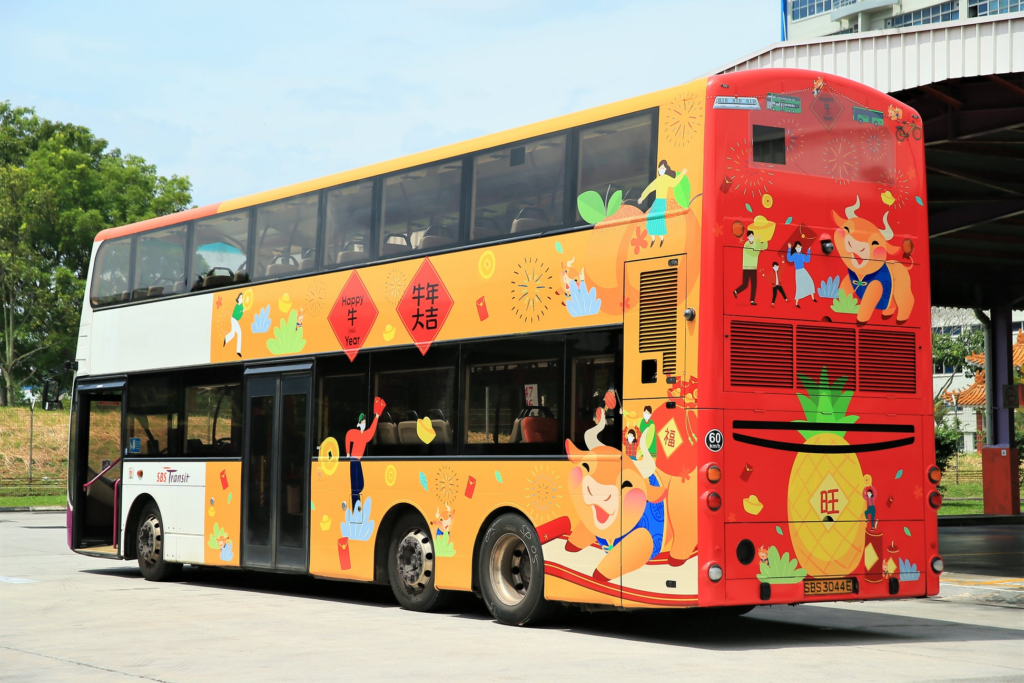
BeLONG, originating from the Roof Garden installation BeLONG’s Art Playground, is making its way to trains, buses, and stations this Chinese New Year, thanks to a collaboration between the Singapore Chinese Cultural Centre (SCCC) and the Land Transport Authority. Join BeLONG and the zodiac friends as they share the joy of Chinese New Year celebrations in a fun and interactive way. Kids will be thrilled to see selected trains on all six rail lines and buses serving various routes adorned with festive decorations. Spreading cheer to areas like Bugis, West Coast, Chinatown, Tiong Bahru, Clementi, Hougang, Woodlands, Bishan, and Bras Basah. Plus, stations like Ang Mo Kio, Boon Lay, Punggol, Tampines East, Maxwell, and Shenton Way will be transformed into Chinese New Year wonderlands.
From January 26th to February 24th, 2024, let your kids enjoy this fun-filled activity that promises to make their journey even more memorable, and the best part? It’s all completely free! Don’t miss out on this fantastic opportunity to add a touch of festive magic to your daily travels.
6. Lion & LED Dragon Dance Performance

Head over to Shiseido Forest Valley at Jewel Changi Airport, where you can witness thrilling displays including a Lion Dance and an LED Dragon Dance. The enchanting Light & Sound Show promises to be a highlight, providing a fascinating experience for the little ones. For parents, there will be plenty of festive promos to add to the excitement.
Mark your calendars for the Lion Dance Performance scheduled on February 9th – 10th, 2024, at 3:38 pm, and on February 11th – 12th, 2024, at 12:38 pm. Additionally catch the mesmerising LED Dragon Dance from February 9th to 12th, 2024, at 7:38 pm. It’s an event tailor-made for kids, offering endless fun and entertainment for the entire family to cherish!




